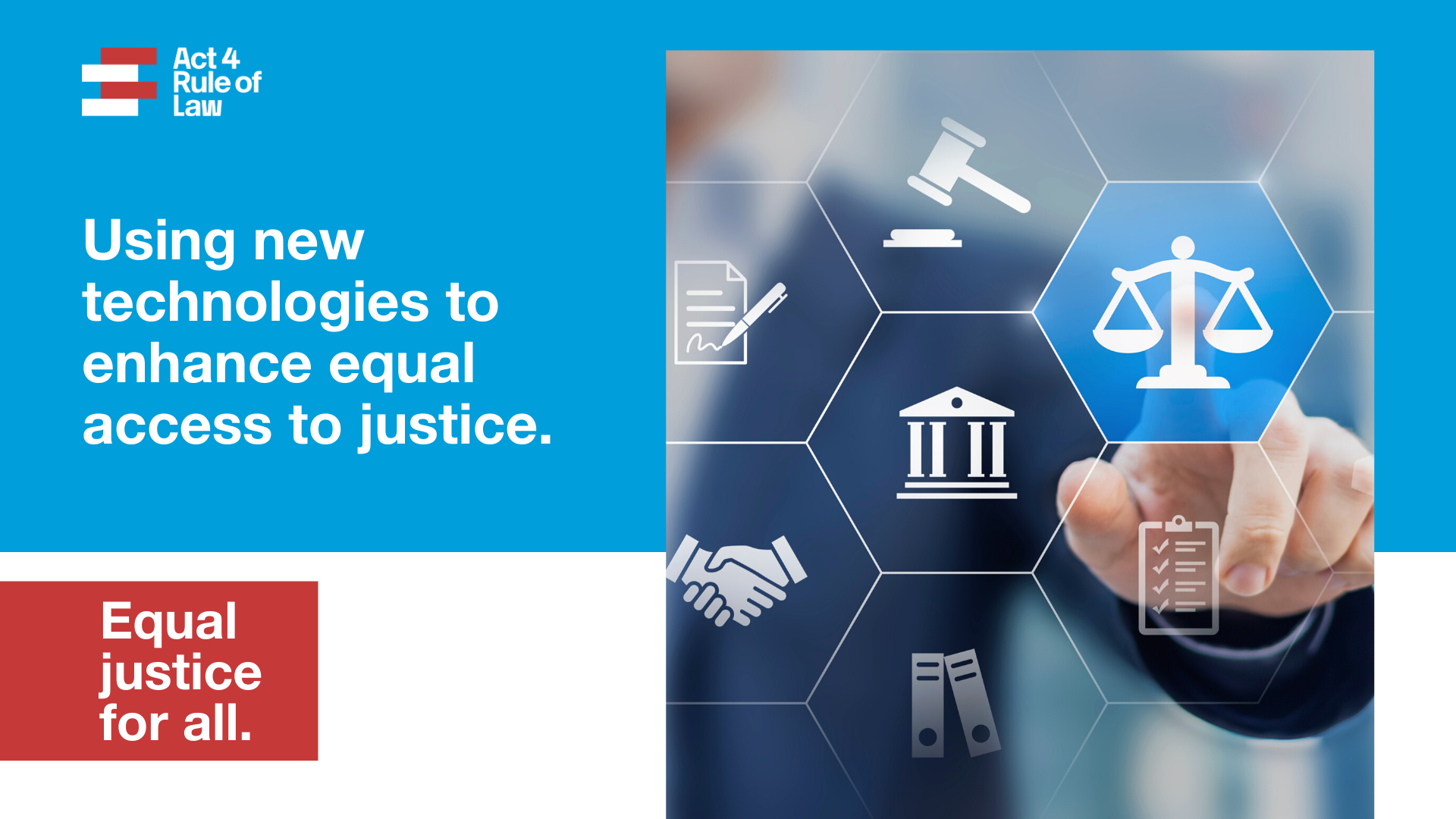
insights
The role of civil society in promoting the rule of law
All people are equal under the law. And all people have a role in helping to guarantee it.

People can wield tremendous power when they actively participate in their own Government. In a system based on the rule of law, ordinary people need not wait for governmental leaders and institutions to identify the most critical reforms for peace, justice, development, human rights, and security. The people themselves can step in, taking up roles like director, watchdog, advisor, organizer, mobilizer, or mediator. They can ensure that the Government acts in service to the people, hears their problems, and makes real change. People who organize to participate in governance, using their own power to strengthen democracy and the rule of law, are collectively called “civil society.”
Civil society is sometimes equated with non-governmental organizations (NGOs) and usually excludes Government and private businesses. But, civil society can be quite diverse. Civil society, broadly, can include individual persons, activists, formal and informal associations, academics, social movements, and religious organizations. It can work with local, national, or international goals in mind. Because civil society is diverse and has so many participants, there are many approaches that members of civil society employ to strengthen the rule of law.
Take, for example, humanitarian civil society organizations that provide healthcare professionals and supplies around the world to help alleviate suffering during conflict. Individual doctors, seeking to provide their professional services to those in need, can do so through the framework of these organizations. At the same time, civil society also includes the doctor who spends one day a week providing check-ups at a free clinic. The same can be said for the private lawyer who provides pro bono support to the clinic as a volunteer, the charitable foundation that brings the clinic’s services to communities without hospitals, or the public activist who advocates for equal access to the aid provided.
Civil society organizations perform important research to help Governments understand and respond to problems and needs on the ground. They monitor the work of courts to ensure that victims’ voices are heard and the rights of all are respected. They can empower community members with knowledge of the law, including laws that are essential to protecting the environment, preventing corruption, and upholding human rights.
Civil society organizations are important partners of the United Nations. Many are formally credentialed to contribute to United Nations debates and processes. At the same time, the United Nations relies on civil society actors to spread knowledge and promote new tools in its work to promote human rights and sustainable development, to empower women and young people, to eradicate poverty, and to maintain peace and security, all under the rule of law.
In sum, whether formal or informal, large or small, the common mission of civil society is that its members use their democratic rights, their talents, expertise, and organizing skills to solve challenges to and demand respect for the rule of law.
To ensure Equal Justice for All, all must work for equal justice. This is the role of civil society.



